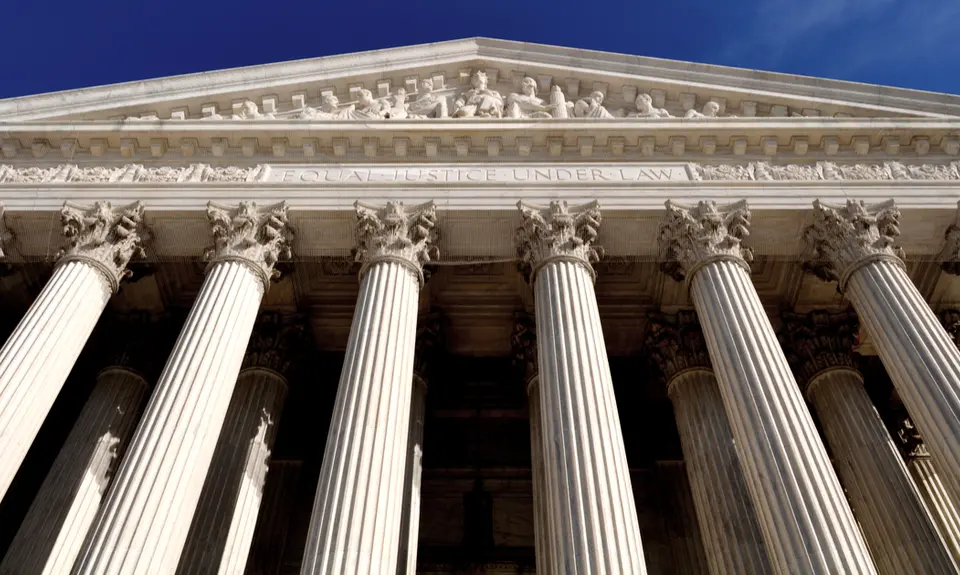“Confirmed Judges, Confirmed Fears” is a blog series documenting the harmful impact of President Trump’s judges on Americans’ rights and liberties. Cases in the series can be found by issue and by judge at this link.
Seven Trump Ninth Circuit judges (Patrick Bumatay, Lawrence VanDyke, Daniel Collins, Mark Bennett, Bridget Bade, Daniel Bress, and Danielle Hunsaker) argued in dissent that the full court should rehear and reverse a previous ruling in which three judges, including one appointed by President Reagan, rejected a challenge to a federal law that prohibits firearms possession by people who had been involuntarily committed to a mental institution. The court majority declined to accept the Trump judges’ arguments in its September 2020 order in Mai v. United States.
A 3-judge panel of the Ninth Circuit, which included Reagan appointee Judge David Ezra, affirmed a district court decision that dismissed a challenge to a federal law that prohibits firearms possession by people who have been involuntarily committed to a mental institution. In late 1999, after he “threatened himself and others,” a Washington state court determined that Duy Mai was both “mentally ill and dangerous” and involuntarily committed him to a mental institution for a stay that lasted more than nine months. More than 15 years later, Mai was not allowed to purchase a firearm because of federal law, and filed suit claiming that after the length of time that had passed without problems, the law should be ruled unconstitutional as applied to him.
In affirming the dismissal of Mai’s suit. the 3-judge panel noted that 1/ The Supreme Court had previously identified the “longstanding” law that was being challenged as “presumptively lawful” and the Third Circuit had so ruled; 2/Even if Mai’s individual situation were to be considered, a 2014 psychological evaluation found that there was a “higher risk of aggression” with respect to him compared with people without a history of mental illness; and 3/although 30 states had adopted procedures under which gun rights of people with such a history can be restored, Washington’s procedure did not qualify because it does not require a finding that an applicant “will not be likely to act in a manner that is dangerous to public safety” and that granting relief would “not be contrary to the public interest.” The court pointed out that Mai had limited his challenge on appeal to his arguments under the Second Amendment and was not then claiming an equal protection or due process violation.
Interest was expressed by some judges in having the full Ninth Circuit rehear the case, which currently requires 14 votes in favor. The majority did not vote for rehearing, but eight judges -- the seven Trump judges above plus one judge nominated by President George W, Bush – dissented. The lead dissent was written by Trump judge Bumatay who, in a vituperative opinion, accused the court of promoting an “extraordinarily sweeping view of government power” that violated the “text, history, and tradition of the Second Amendment.” He claimed the court was seeking to transform the Second Amendment into a “second-class right” and relied on “shoddy data.” He noted that a Sixth Circuit decision had reached a different result, asserted that the restriction could be justified only if history proved that people who had been committed were “outside the Amendment’s scope at the time of the founding,” and accused the panel of subscribing to the notion that “once mentally ill, always so.”
In fact, the panel decision answered those arguments. It noted that even the Sixth Circuit had agreed that regardless of historical evidence, a restriction like the one in this case can be justified if there is a “reasonable fit” between the restriction and “substantial or important” government interests – in this case, preventing crime and preventing suicide. The panel carefully analyzed the data and other evidence relied on by the district court and found it clearly “supports Congress’ judgment,” including one study of people who had been committed as long as 15 years ago who had a “a suicide rate seven times” greater than would be expected. And the panel “emphatically” disagreed with the “once mentally ill, always so” notion, pointing out that Mai could continue to pursue claims that what has happened to him, particularly because his rights could have been restored in 30 other states, violates equal protection and due process.
Fortunately, the Ninth Circuit did not accept the extreme arguments made by Bumatay and other Trump judges. The case is yet another example of Trump judges’ strong pro-gun views that contradict established case law and threaten reasonable gun safety rules.
